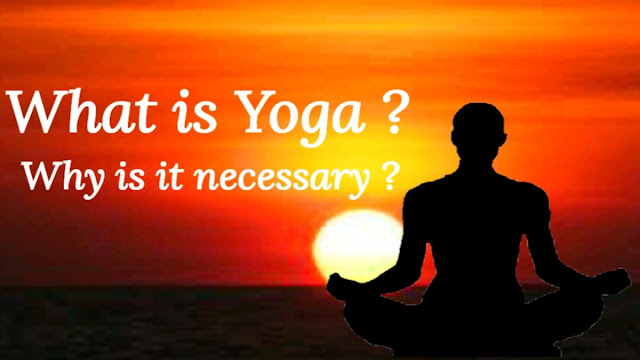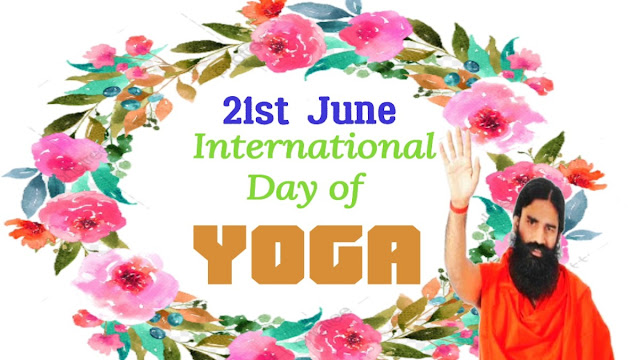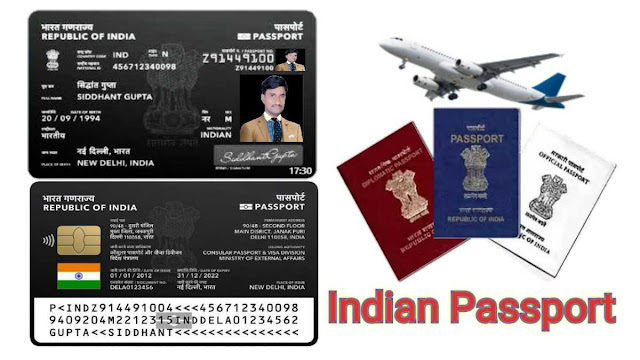After National Education Policy of 1986 the Government has approved New Education Policy 2020. This is the third major change in the education policy of independent India. Earlier, in 1968 and 1986, changes were made in the National Education Policy. Although in the year of 1992 some changes were also brought in education policy of 1986, but now the structure of education has been completely changed. In the year 2017, the Education Policy Committee was formed under the chairmanship of former ISRO chief Krishnaswamy Kasturirangan. This committee presented the draft of New Education Policy in the year 2019. This year it was approved on 29 July 2020 under the chairmanship of Prime Minister Narendra Modi. With this, the Ministry of Human Resource Development has been renamed as Ministry of Education. Earlier in 1985, the then Rajiv Gandhi government changed the name of Ministry of Education to Ministry of Human Resource Development.
The main objective of the new education policy is to attract children to education, skill development and to provide opportunities to the students who are outside the mainstream of education. Instead of the Ratta method, student's ability to remember, understanding, analyze skills will be developed. The total government spending on education has now been targeted to increase from 3% to 6%.
In the New Education Policy 2020 which came after 34 years, all the rules have been changed from primary education to higher education. Till now the format of this education was 10 + 2 but now it has been changed to 5 + 3 + 3 + 4.
What is new education policy and it's features
10 + 2 i.e. from class 1 to class 12 which includes primary education, secondary education and higher secondary education. All the students have to get this education from a board under the state government. Although the new education policy 5 + 3 + 3 + 4 will also be taught by the government till class 12, but for this, now the student will have to give 15 years instead of 12 years. What is New Education Policy 2020 let's understand.
Friends, we usually admit our children in school at the age of 6 and at the age of 18, student passes 12th standard. He will still be able to pass 12th at the age of 18, but his admission will now have to be done at the age of 3 years instead of 6 years. Under the new education policy (5 + 3 + 3 + 4), compulsory education of the child will be completed in four stages.
Foundation Stage (5 years)
Foundation stage program is of 5 years. This is the initial stage of children's education, under which the children will be enhanced towards school. Children learn to sit in school or anganwadi for 3 years from the beginning i.e. pre-primary. Along with this, children will also be given activities related to sports along with education so that interest in the school will be increased in them. Children will start taking interest in school as they study. Special teachers will also be arranged for this. After this, for the next two years, classe-1 and class-2 will be studied. Semi-annual and annual examinations have been removed from these classes so that children do not feel compelled to take the exam.
Preparatory stage (3 years)
In the preparatory stage, children will be taught from class 3 to class 5. In Preparatory stage of new education policy, children will be able to study Hindi or in their local / regional language. In these classes children will be introduced to subjects like Mathematics, Social, Arts and Science. The necessity of english language will be abolished and taught as a subject. Even for an English Medium school, it will be mandatory to teach children in the local language. Overall, an attempt has been made to remove the mental fear and stress in children.
Middle Stage (3 years)
According to new education policy middle stage includes classes from 6 to 8. In this stage, children will be prepared for the future. Along with studies, their professional skills will also be enhanced. In this stage, children will get computer related course like coding, software designing and mobile application designing etc. Apart from this, children will be able to do any professional course (basic knowledge of sewing, carpenter, painting, etc.) as per their wish. Along with subjects like Mathematics, Social Science, Arts, one more Indian language (eg Culture, Punjabi, Maithili) will also be compulsory.
Secondary Stage (4 years)
The secondary level is consists classes 9 to 12. In the secondary level, with some rigor than others, some convenience is also given. Now the examinations will be taken semester wise rather not once a year. That is, now all the courses will be taught in two semesters, so accordingly there will be examinations twice a year. With this, freedom of choice of subjects has been given. The freedom to choose the subject was earlier after 10th standard, but now the student of 9th class can also choose their subjects as per their wish. After tenth class, the student had to plan for the future. In the future, he used to study on the basis of which faculty he wants to do his business or work in, choosing his faculty or subjects. But the special thing is that now the student can include the book of any faculty in his subject as per his convenience. That is, now an art student will be able to read science or commerce books as per his interest and a science or commerce student can also read history, geography and politics. This is the biggest feature of new education policy. Apart from this, students can also read a foreign language (eg French, Spanish, German, Japanese, Italian, Russian etc.) in secondary stage.
Graduation / post graduation degree
In new education policy the structure of graduation has been completely changed. The graduation course has now been extended to four years. B.A. , B.Com, B.Sc, the pattern has been removed and now only graduation has been done. For all four years, four certificates will be given. Certificate on first year course, Diploma on second year course, Bachelor's degree on third year course and Research on fourth year course. However there are 2 options in graduation. Students who graduate for a job or bachelor's degree will be able to get Graduation degree as before by doing 3-year graduation course, while students who wish to do a direct post-graduation (PG- MA, M.Com, M.Sc) after a bachelor's degree then the course will be for 2 years . While, the post graduation course is only for one year for those students which have completed total 4 year in graduation course.
B.Ed course
For students doing B.Ed after 12th, this course will be 4 years while for students who have graduated degree, then this course will be of 2 years. On the other hand, if a student has obtained post graduation degree, then he will achieve B.Ed degree in just one year.
M.Phil Course
The M.Phil degree has now been abolished. Previously, one had to do M.Phil after post graduation to get Ph.D degree.
Students whose course is missed in the middle will no longer have to repeat the entire course. In the New Education Policy, this facility has been provided them. They can start their study back right from there where they had left their studies.











